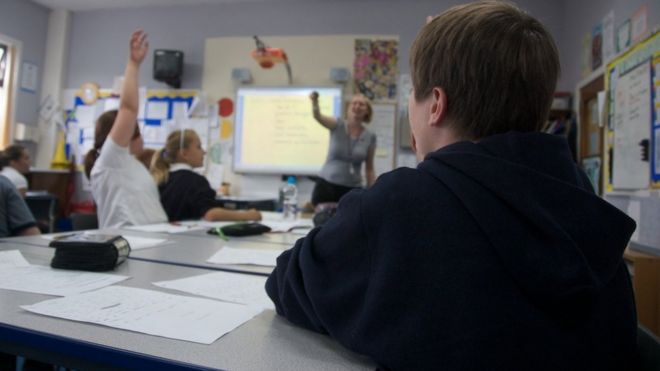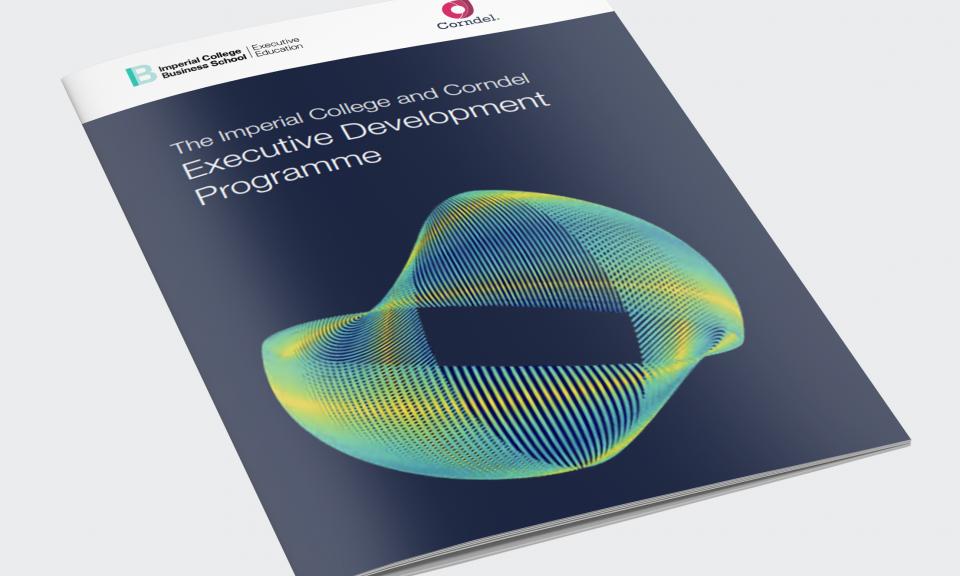
The teaching union EIS has claimed a proposed new supervisory body for the profession may not be independent of government.
The Scottish government is considering incorporating the General Teaching Council for Scotland (GTCS) into a new body with additional responsibilities.
The independent GTCS itself has expressed fears this will be costly, legally complex and achieve little.
The Scottish government said it will consider all responses on the issue.
A consultation on legislation to reform school governance closed earlier this week.
Much of the debate has centred on plans to give more powers to head teachers and on what powers local authorities should retain.
But ministers are also looking at creating a new body called the Educational Workforce Council for Scotland which would be responsible for the work currently carried out by the GTCS.
International reputation
The EIS union opposes scrapping the council and fears its replacement may not be independent of government.
It said: “The EIS is firmly opposed to any dilution of the role and independence of the General Teaching Council for Scotland.
“We fail to understand why the Scottish government feels compelled, or even entitled, to interfere in the running of what is a legally constituted independent body.
“The EIS has noted the high regard the GTCS is held in internationally.
“We are baffled as to why the Scottish government wishes to do away with a Scottish success story such as the GTCS.”
A Scottish government spokesperson said: “Our education reforms are focussed on giving schools and head teachers more power and money to raise standards and close the attainment gap.
“Our reform proposals are based on international evidence of how high-performing education systems work – and will deliver extra help for teachers in the classroom, more professional development and a stronger voice for parents and pupils.
“We welcome feedback in response to our consultation on the Education (Scotland) Bill and will consider all the responses received.”
A model of self-regulation
by Jamie McIvor, BBC Scotland Education Correspondent
The main aim of the government’s school reform plans is to empower heads and parents.
It wants as much power as possible at as local a level as possible.
The argument is that allowing heads to do what they believe to be right for their schools and encouraging positive involvement from parents is more likely to raise attainment.
A proposal to abolish the existing General Teaching Council for Scotland and incorporate its role into a new body may seem to be of little direct concern to parents and learners but for many in the profession it would be a significant development.
The GTCS sees itself as a model of how self-regulation can work.
Its name is recognised by professionals well beyond Scotland.
The arguments being advanced against axing the GTCS and creating a new body are detailed and sometimes complex – questions over the cost and whether the change would achieve anything positive are to the fore.
But lurking in the background some have another concern.
The GTCS has been formally independent of government in recent years.
This means ministers cannot simply decree, for instance, that there should be changes to teacher training.
Some will want reassurances that the proposed new workforce council would enjoy similar autonomy.
Recently the English charity Teach First, which places trainees in the classroom at a relatively early stage, looked at whether it should be involved in the bid for a new teacher training contract in Scotland.
It had, legitimately, tried to win friends and supporters in high places.
Those in the profession who were concerned knew that, given the scale of the opposition within the profession here, such a course was unlikely to win GTCS accreditation even if some in government circles may have been impressed by the charity’s work elsewhere.
If critics of the plans for the GTCS are to be appeased, the government will need to reassure them that the replacement body will truly belong to the profession itself.
In its response to the consultation, the council said: “The proposed loss of GTCS as an independent body has the potential to do irreparable harm to the status and identity of teachers.”
All teachers working in Scotland have to be registered with the GTCS which is responsible for upholding professional standards.
It can also “strike off” teachers who are guilty of misconduct or who fail to make the grade but also helps teachers in their professional development.
The government said it intends the body should operate independently from Scottish ministers.
But the GTCS council believes there is no case for it to include those who are only indirectly responsible for children’s education, such as school librarians and home-school link workers
The GTCS is one of many bodies to have made submissions to the consultation on the governance review which closed this week.
[“Source-bbc”]














